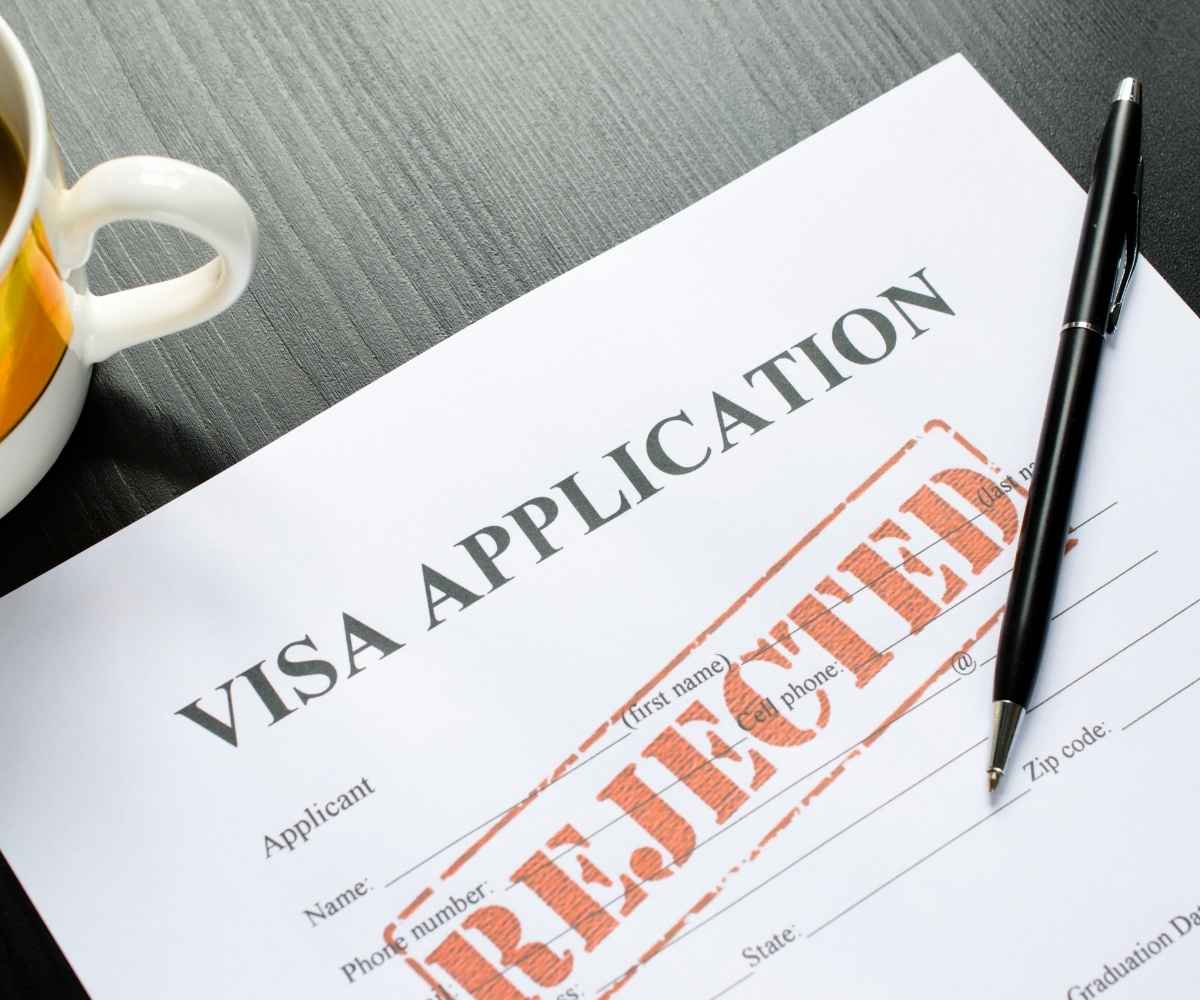Receiving a visa rejection can be frustrating, especially when it disrupts important plans. However, understanding the common reasons for denial and taking preventive measures can significantly increase your chances of approval. Here’s a detailed look at why visas are rejected and tips to avoid these pitfalls.
Top Reasons for Visa Rejection
1. Incomplete or Incorrect Application Forms
Providing inaccurate information or leaving sections blank on your visa application is a common reason for denial. Even minor errors like a misspelled name or mismatched dates can lead to rejection.
How to Prevent It:
- Carefully review your application before submission.
- Use official guidelines or seek help from an immigration expert.
- Double-check personal details, dates, and document references.
2. Insufficient Supporting Documents
Missing key documents like financial proofs, travel itineraries, or employment letters can result in rejection. Immigration authorities need a complete picture to assess your eligibility.
How to Prevent It:
- Create a checklist of required documents for your specific visa type.
- Submit all documents in the correct format and ensure they are up-to-date.
- Include additional documents if your situation is unique or complex.
3. Inadequate Financial Proof
Most visas require you to demonstrate sufficient funds to support yourself during your stay. Failure to provide proper financial evidence, like bank statements or sponsorship letters, often leads to rejection.
How to Prevent It:
- Check the minimum financial requirements for your visa type.
- Provide certified bank statements, salary slips, or sponsorship letters.
- Avoid discrepancies or sudden, unexplained large deposits in your financial records.
4. Failure to Prove Strong Ties to Home Country
For temporary visas, such as tourist or student visas, authorities want assurance that you’ll return to your home country after your visit. If you fail to prove strong ties, your visa could be denied.
How to Prevent It:
- Submit evidence such as property ownership, family commitments, or a stable job in your home country.
- Provide a clear and genuine reason for your trip along with your intent to return.
- Include a detailed travel itinerary or study plan if applicable.
5. Previous Visa Denials or Violations
A history of visa rejections or past violations (such as overstaying) can hurt your chances of approval. Consulates may flag applicants with such records as high-risk.
How to Prevent It:
- Address previous denials transparently in your application.
- Correct any errors from past applications and provide strong supporting evidence.
- Follow all immigration laws to avoid complications in the future.
6. Criminal Background
A criminal record can be a major obstacle, especially for visas to countries with strict immigration policies like the USA or Canada.
How to Prevent It:
- Be honest about your criminal history.
- Include court documents or official explanations if required.
- Consult with an immigration lawyer to present your case effectively.
7. Improper Interview Conduct
For visas that require an interview, poor preparation, inconsistency in answers, or failure to provide convincing responses can result in rejection.
How to Prevent It:
- Practice common visa interview questions.
- Be honest, confident, and consistent in your responses.
- Dress professionally and arrive on time for your interview.
Tips to Prevent Visa Rejection
- Start Early: Begin your application process well in advance to avoid last-minute rushes.
- Stay Organized: Maintain a checklist and ensure all documents are complete and properly arranged.
- Be Transparent: Honesty is critical. Don’t exaggerate or falsify information.
- Seek Guidance: If you’re unsure about any part of the process, consult with immigration professionals or use official resources.
- Follow Instructions: Read the guidelines carefully for your specific visa type and adhere to them strictly.
What to Do if Your Visa is Rejected
If your visa is denied, don’t panic. Most countries allow you to reapply or appeal the decision. Here’s what you can do:
- Understand the Reason: Review the rejection letter carefully to identify the reason for denial.
- Correct Issues: Address the gaps or errors in your application.
- Seek Professional Help: Consider consulting an immigration expert for your next attempt.
- Reapply or Appeal: Follow the reapplication process or appeal instructions if applicable.
Conclusion
Visa rejection is often preventable with proper planning and attention to detail. By understanding the common reasons for denial and taking proactive steps, you can navigate the process smoothly and increase your chances of approval.



